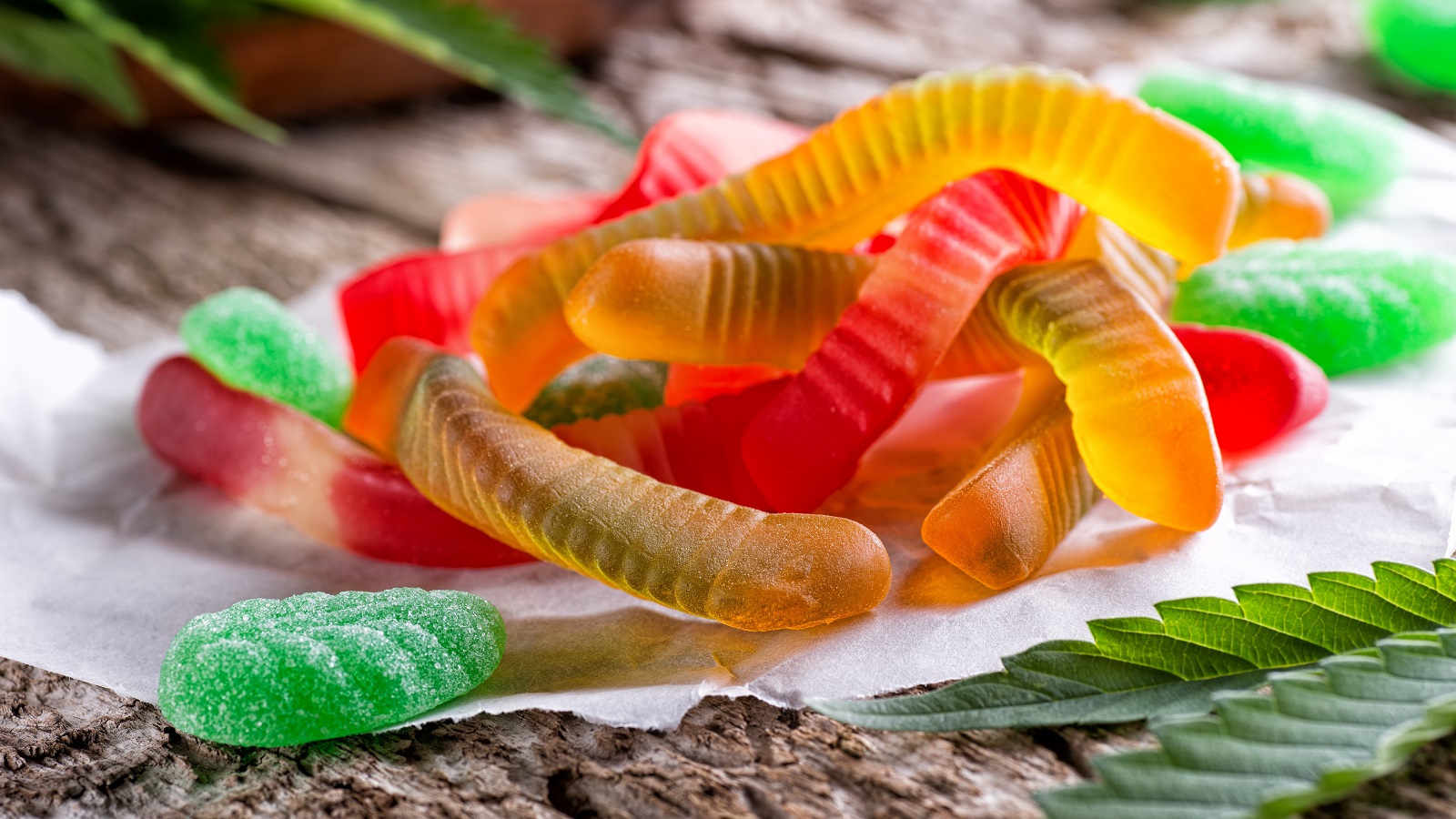You are here
Home 🌿 Medical Cannabis News 🌿 Pot edibles will soon be legal to buy in Canada, but this woman will still make her own. Here's why. 🌿Pot edibles will soon be legal to buy in Canada, but this woman will still make her own. Here's why.

Patsy Copus makes batches of pot-infused gummy bears or cannabis-coated chocolate strawberries every few weeks to help with her arthritis and other medical conditions.
Although cannabis edibles are expected to be sold legally in stores in December, the Windsor, Ont., resident said buying them will likely be a financial struggle.
Health Canada has capped the amount of the psychoactive compound tetrahydrocannabinol (THC) allowed in food and drinks to 10 milligrams — a restriction Copus said wouldn't meet the needs of some users.
"So for a person who has to take more of a higher dosage, that would be so expensive for them. They couldn't even afford it," said Copus, explaining cost is one of the reasons she makes her own edibles.
Edible regulations under Health Canada came into effect on Oct. 17 — a year after cannabis for recreational use became legal — but federal licence holders need to provide 60 days' notice of their intent to sell any new product, which is why it will take until December for products to hit physical or virtual shelves. In addition to limiting THC content, rules surrounding cannabis edibles include requiring child-resistant packaging, no added nicotine or alcohol and limits on caffeine content.
"People approach me all the time [to buy cannabis edibles], but I tell them I'll show them how to do it," said Copus. "I'm an educator."
Copus, who lives with multiple sclerosis and arthritis, grows cannabis plants for medical purposes. Making and baking cannabis edibles is like a science she's taught herself over the years through research, as well as by attending cannabis events and speaking to people in the industry.
She's learned, and cautions anyone who plans to create their own pot-infused foods, that "it's very difficult to know how strong they are."
"You go low and slow," Copus said. "In other words, instead of eating all of these strawberries that I'm going to coat in the medicated chocolate, I'm going to have one. And I'm going to wait a couple of hours and see how I feel."
Lisa Hogan, the national clinic director with the Natural Health Services Cannabis Clinics, added that cannabis edibles may initially have a negative impact on medical users.
"It's seemingly an easier way to take the medicine, but it's a dangerous way to self-medicate and have doses that are too high, and strains that are not the proper strains, for the reasons you're seeking help in the first place," said Hogan.

Copus coats strawberries in chocolate infused with cannabis. (Jason Viau/CBC)
As a former nurse who now matches patients with the best cannabis strains that suit their symptoms, Hogan is telling her patients to avoid self-dosing with edibles. She said there are inconsistencies when it comes to different strains, as well as the recommended dosage of specific strains.
"If they're cannabis-naive, it's not a good idea to self-medicate because they won't know what will work for them," she said.
Government caps on THC in recreational cannabis edibles "prevent overconsumption," which Dr. Christopher Blue, a physician in Windsor, Ont., who prescribes pot to his patients, views as a necessary measure.

Lisa Hogan, national clinic director with the Natural Health Services Cannabis Clinics, said there can be inconsistencies with cannabis edibles that you make yourself. (Dale Molnar/CBC)
"You go to some places in the states [where] you can go buy a cookie, and in that entire cookie will be 200 milligrams of THC, which is just a ridiculous amount," said Blue.
"Of course when you read the fine print, it obviously says, 'Consume a fraction of this cookie, don't eat the whole thing,' and that's where you run into problems ... people don't read the fine print, they just consume."
Cannabis is one of the only substances available for both medical and recreational use. Blue said that's where things can sometimes get tricky, because people may self-medicate or consume more cannabis than they should.
"That's a problem as a physician," said Blue. "As physicians we always want to know if a patient is self-medicating."
When it comes to prescribing cannabis to patients, Blue said it can range from 2.5 milligrams of THC up to 40 milligrams or 50 milligrams at one time. But that's not the way a medical prescription for cannabis works.
"As a prescriber, we authorize up to a max amount that they're allowed to purchase for medical reasons on a monthly basis," said Blue, who can also prescribe a certain percentage of THC concentrate.
At this point, Blue said he's unsure if he'll be able to prescribe cannabis edibles created by a licensed producer when they are put on the market in December.
420 Intel is Your Source for Marijuana News
420 Intel Canada is your leading news source for the Canadian cannabis industry. Get the latest updates on Canadian cannabis stocks and developments on how Canada continues to be a major player in the worldwide recreational and medical cannabis industry.
420 Intel Canada is the Canadian Industry news outlet that will keep you updated on how these Canadian developments in recreational and medical marijuana will impact the country and the world. Our commitment is to bring you the most important cannabis news stories from across Canada every day of the week.
Marijuana industry news is a constant endeavor with new developments each day. For marijuana news across the True North, 420 Intel Canada promises to bring you quality, Canadian, cannabis industry news.
You can get 420 Intel news delivered directly to your inbox by signing up for our daily marijuana news, ensuring you’re always kept up to date on the ever-changing cannabis industry. To stay even better informed about marijuana legalization news follow us on Twitter, Facebook and LinkedIn.




